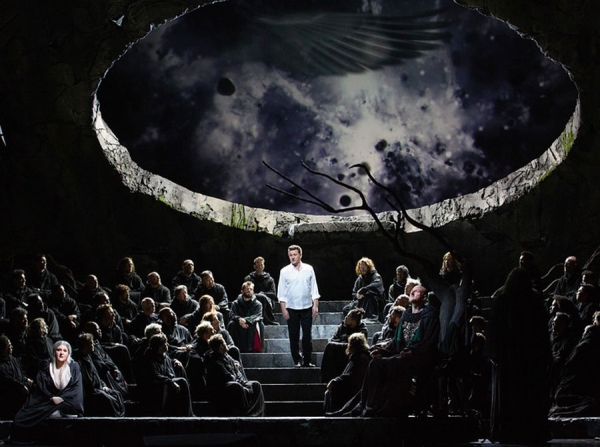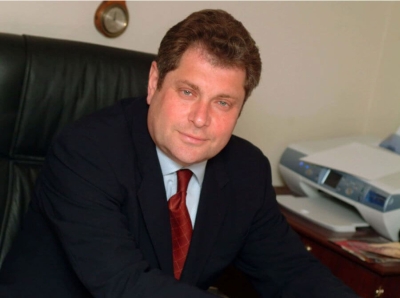"Lohengrin" at the Met, a year after the Bolshoi

When Anna Netrebko was at the peak of her form and popularity, the Metropolitan Opera and the Bolshoi Theater agreed on three joint productions with her participation: Richard Strauss's Salome, Wagner's Lohengrin and Verdi's Aida. Of these three operas, only “Aida” remained in Netrebko’s repertoire and only two, “Salome” (with Hasmik Grigoryan in the title role) and “Lohengrin” saw the light of the stage at the Bolshoi with the expectation of being transferred to the Met. It is unclear whether “Salome” directed by Klaus Guth will reach the Met, but we have just seen the new “Lohengrin”: the premiere at the Met took place on February 26, the performance runs until April 1, and on March 18 it will be broadcast live in cinemas around the world.
The premiere of Lohengrin at the Bolshoi took place on February 24, 2022. Canadian François Girard, who staged Parsifal (excellent) and The Flying Dutchman (not so great) at the Met several years ago, and his team (set design and costumes by Tim Yip, lighting by David Finn, video projections by Peter Flaherty) – together with the predominantly foreign performing staff, immediately left Moscow. But the production remained, although there was no one to sing or conduct, and the theater needed more than six months to prepare performers “from among its own” and return the performance to the stage. Judging by Moscow photos and videos, the Met version is practically no different from the Moscow one.
Full of symbolism, sometimes to the point of direct illustrativeness (the struggle between darkness and light is conveyed by alternating black and white robes, Henry and his retinue are green, the villains Telramund and his evil wife, the pagan and sorceress Ortrud are blood red), permeated with an atmosphere of myth with hints of deep Middle Ages (Wagner set the story of Lohengrin in the 10th century, the time of Henry the Fowler), the production closely follows the rhythm and tone of Wagner’s narrative, although it does not open up new depths in the opera, does not offer to see the story of love, the struggle for power and betrayal in a new light. But its leisurely and even static nature gives the viewer enough time to understand and absorb Wagner’s text and experience the amazing music of the opera. It is the musical side that makes this performance an event: the stunning work of the choir and orchestra, the enthusiasm of conductor Yannick Nezhe-Segan, who conducts the performance without haste, but with exciting inner energy, the skill of Peter Beczala, who sings Lohengrin with the right strength and soulful understanding, the radiant soprano of Tamara Wilson ( Elsa), the confident bass and excellent diction of Günther Grossbeck (King Henry), the fury of Christine Gehrke (Ortrud). Having sung the premiere, Evgeny Nikitin (Telramund), without any explanation and a couple of hours before the curtain, canceled his participation in the second performance and was replaced by the experienced Wagnerian Thomas Hall.
Including two breaks, the performance takes about five hours. But it will be good
time spent: Wagner's music is beautiful, majestic, full of luxurious melodies, the visual side is mesmerizing, and the key drama of the libretto turns out to be very modern: it recalls the terrible power of disinformation, which in the skillful hands of villains eager for power can destroy the brightest hopes.
Posted by Maya Pritzker



